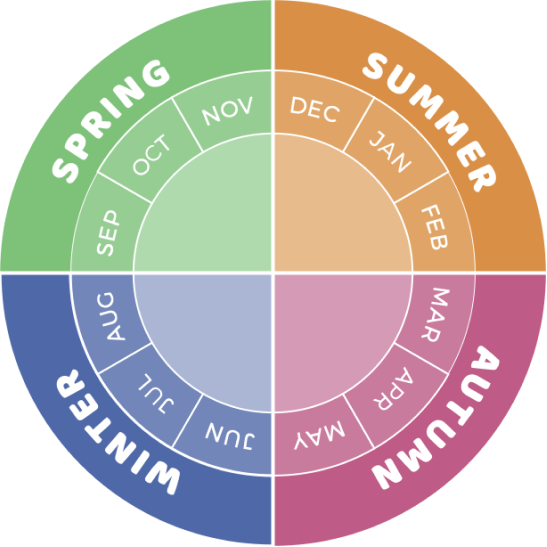Watermelon contains antioxidants and is a source of vitamin C, helping you to protect your cells, reduce the stress on your brain and feel good. Pick up a slice and you’ll be fresh all day long.
*When eaten as part of a healthy varied diet.
Top tip: A whole watermelon can be stored for a week at room temperature, but once chopped, pop watermelon in the fridge to last three days.
Top tip: Make a simple sorbet with watermelon for freshness straight out of the freezer.
Australian watermelon is available all year-round.

The recommended amount of fruit you should eat is 2 serves per day.
(Source: Australian Dietary Guidelines, 2013)
One cup of diced watermelon (150g) counts as 1 serve of fruit.
|
Serving size: 150g (1 cup diced raw) |
||||||||||||||||||||||||||||||||||||||||||||||||||||||||
|
||||||||||||||||||||||||||||||||||||||||||||||||||||||||
|
Source: Aust Food Comp Data or ^ USDA |
The recommended amount of fruit you should eat is 2 serves per day.
(Source: Australian Dietary Guidelines, 2013)
One cup of diced watermelon (150g) counts as 1 serve of fruit.